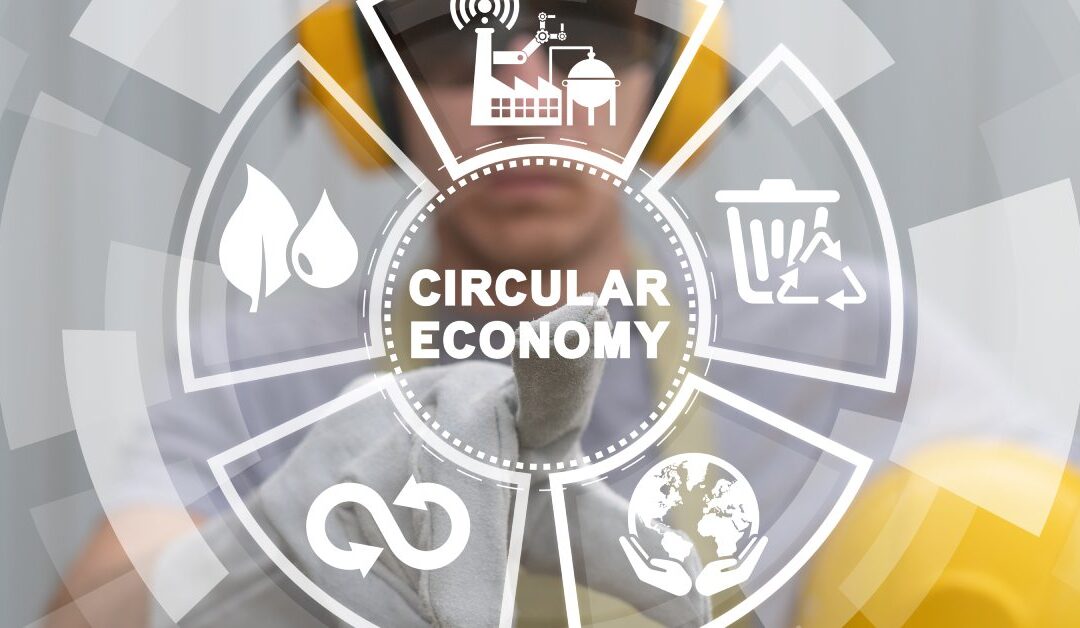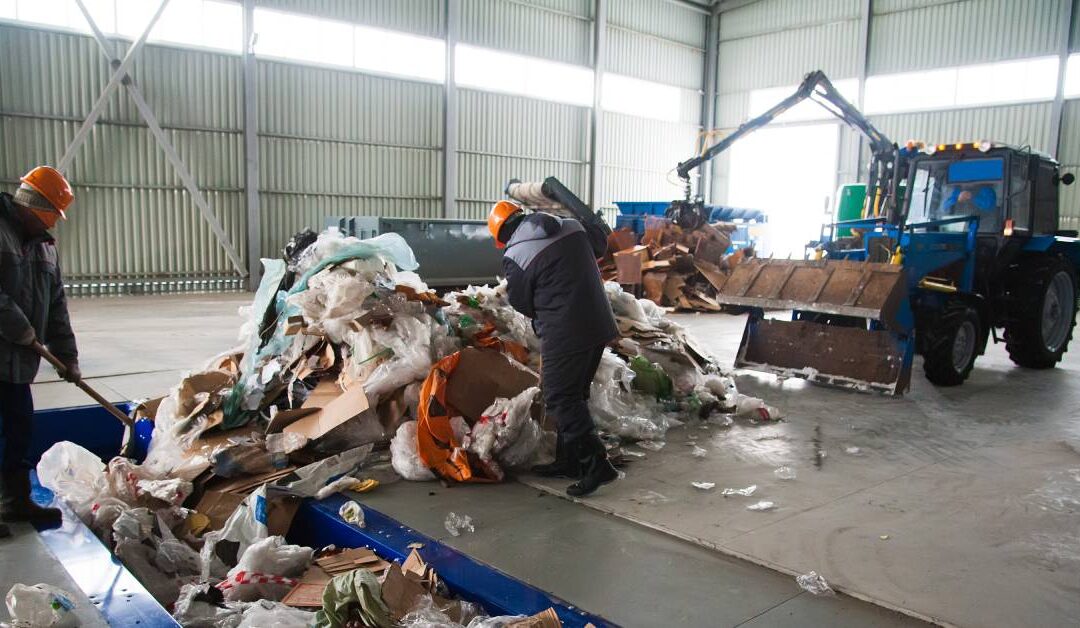
by Prateek | Feb 28, 2025 | Blog
Artists rely on solvents to bring their creative visions to life. These chemicals, essential for thinning paint and cleaning brushes, require careful handling to avoid health risks. Without precautions, solvents can pose risks to human health and the environment. So,... 
by Prateek | Feb 26, 2025 | Blog
Ships and marine equipment accumulate tough stains to stubborn residues. Luckily, marine solvents keep operations efficient and equipment in top shape. These powerful solutions cut through saltwater, moisture, and contaminants with ease. Whether you work in... 
by Prateek | Feb 24, 2025 | Blog
The way businesses produce and consume goods has come under scrutiny as environmental concerns grow. This presents new challenges to manufacturers, such as resource shortages, waste management issues, and shifting consumer demands. At the same time, these pressures... 
by Prateek | Jan 29, 2025 | Blog
Solvent recycling helps many businesses, but traditional methods fall short in terms of efficiency, cost, and safety. In particular, manually recovering solvents can eat up resources and create inconsistencies. Fortunately, automation changes the equation by offering... 
by Prateek | Jan 28, 2025 | Blog
As one of the key contributors to global emissions, the manufacturing industry has the power to improve and fight against climate change. However, this initiative is easier said than done. Fortunately, we have six great ways manufacturers can reduce emissions without... 
by Prateek | Jan 23, 2025 | Blog
Industrial waste is one of the largest contributors to environmental degradation. Waste from factories and manufacturing plants leads to pollution and resource depletion. For that reason, recycling industrial waste has become a key business waste management strategy....






